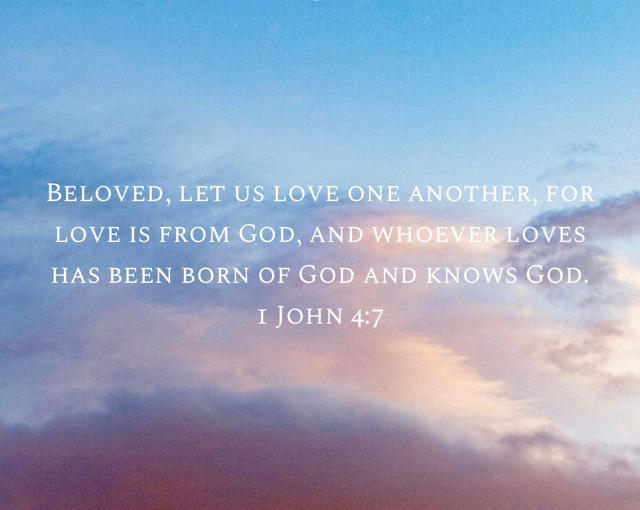
Today’s Reading: Esther 7-10; Revelation 3
As we are in the middle of our Advent season, it’s no coincidence that this is one of the most stressful and tiring time of the year.
We as Christians believe that this is the coming of Christ again into our lives. We have anticipation for that love and joy that he brings. When the original Heralds of Angels proclaimed the good news of Christ coming, they stated “peace beyond to you“.
This is peace that we cannot understand and peace that we need for our spirits. But the adversary wants to distract us from that peace and that calmness.
During the month of December, there are so many things to keep you busy. There are so many things to distract you from peace. There are so many things to distract you from calm.
During December, many people are reliving grief from departed loved ones.
During December, so many of us have heartaches of unresolved angst.
There is so much calamity that peace cannot be seen easily. That is why we have Christ to give us this peace during these tumultuous times.
In our reading in Esther, there is a time of stress and chaos when Mordecai has been given a death sentence. Not only has he been given a death sentence, but his entire people and his race have been given a death sentence on an appointed day by his enemy. But God allows for his peace to come into this situation.
“So the king and Haman went to dinner with Queen Esther. At this second dinner, while they were drinking wine the king again asked, “Queen Esther, what would you like? Half of my kingdom! Just ask and it’s yours.” Queen Esther answered, “If I have found favor in your eyes, O King, and if it please the king, give me my life, and give my people their lives. “We’ve been sold, I and my people, to be destroyed—sold to be massacred, eliminated. If we had just been sold off into slavery, I wouldn’t even have brought it up; our troubles wouldn’t have been worth bothering the king over.” King Xerxes exploded, “Who? Where is he? This is monstrous!” “An enemy. An adversary. This evil Haman,” said Esther. Haman was terror-stricken before the king and queen.”
Esther 7:1-6 MSG
“That same day King Xerxes gave Queen Esther the estate of Haman, archenemy of the Jews. And Mordecai came before the king because Esther had explained their relationship. The king took off his signet ring, which he had taken back from Haman, and gave it to Mordecai. Esther appointed Mordecai over Haman’s estate.”
Esther 8:1-2 MSG
This will bring so much calamity and so much strife to the best person. But God had a different plan. He softened the heart of King Xeres to hear Queen Esther‘s request and when the King heard the request he gave it graciously. This request actually saved Mordecai life in the Jewish people‘s lives. Normally this would create discourse, but Mordecai was patient and allowed God to work through Esther for his own benefit.
Sometimes we have to be patient and let God work through others for our behalf. We do not have to take the battle for ourselves, we do not have to defend our actions. We do not have to pick up any arms to protect us, if we know that God is for us.
During this season, we can take solace in Christ, He has come before us and is working on our behalf. We do not have to endure the harshness of Winters alone. We do not have to do anything alone, because Christ is with us throughout everything.
This is the confidence that we have in Christ. This is what Christ sees in us :
““I see what you’ve done. Now see what I’ve done. I’ve opened a door before you that no one can slam shut. You don’t have much strength, I know that; you used what you had to keep my Word. You didn’t deny me when times were rough. “And watch as I take those who call themselves true believers but are nothing of the kind, pretenders whose true membership is in the club of Satan—watch as I strip off their pretensions and they’re forced to acknowledge it’s you that I’ve loved. “Because you kept my Word in passionate patience, I’ll keep you safe in the time of testing that will be here soon, and all over the earth, every man, woman, and child put to the test. “I’m on my way; I’ll be there soon. Keep a tight grip on what you have so no one distracts you and steals your crown.”
Revelation 3:8-11 MSG
 “You are worthy, our Lord and God,
“You are worthy, our Lord and God,

